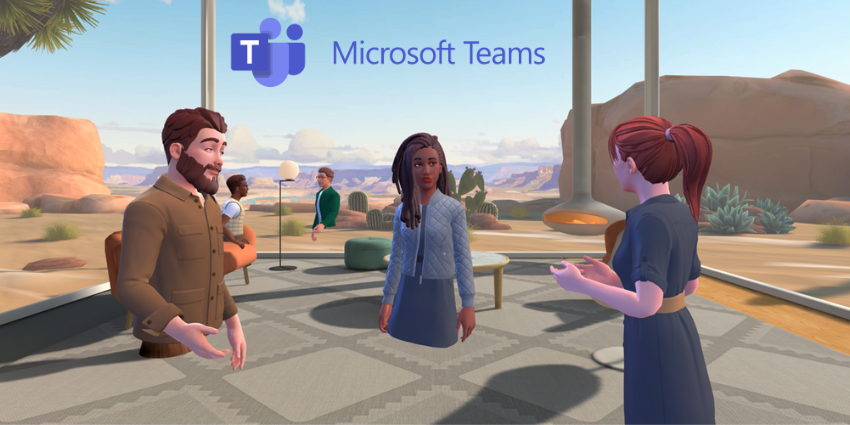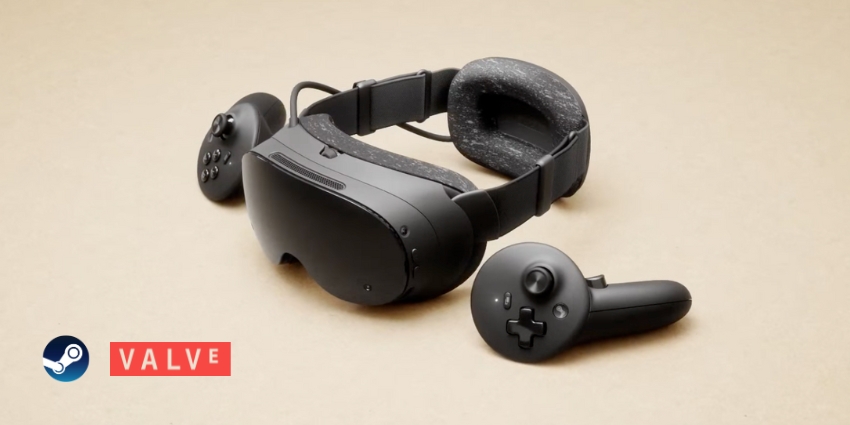Google previewed its smart glasses, “Act Two”, at TED2025. Vuzix and Xander are shipping real-time captioning AR glasses. StretchSense launched a precise hand-tracking XR glove. Bodyswaps 3.0 now has AI-powered immersive learning.
AI and XR are converging fast; and the future of intelligent XR is here!
Google’s AndroidXR Lead Announces “Act Two” of AI & XR Convergence
At the TED2025 conference, Shahram Izadi, the leader of Google’s AndroidXR development team, presented a public demonstration of the upcoming smart glasses operating system, which is set to launch in the new year. During the presentation, he showcased a prototype pair of smart glasses.
The live demo highlighted features such as real-time translation, image recognition, and seamless connectivity with other Android devices.
Izadi said:
Augmented and virtual reality have moved computing from the rectangular screen to the 360 immersive display, and now even the world itself is becoming the display. We now refer to this broad collection of experiences as extended reality, or XR.
“Until now, these innovations have occurred separately and in silos, well here comes act two of the computing revolution, AI and XR are converging, unlocking radical new ways to interact with technology on your terms,” Izadi also added.
Vuzix and Xander Deliver Real-Time Captioning Through AR Smart Glasses
This week, Vuzix Corporation began shipping its latest order of XanderGlasses, a private-label version of Vuzix Shield smart glasses designed to assist individuals with hearing loss. This development represents another positive milestone for Vuzix after a strong start to 2025.
XanderGlasses are intended to help approximately 48 million people in the U.S. who experience hearing loss. Currently, the device is being shipped to users across the country.
The Vuzix Shield smart glasses can display real-time captions of in-person conversations directly within the wearer’s field of view, enabling users to remain fully engaged in social and professional settings.
Alex Westner, Co-Founder and CEO of Xander, added:
Powered by the Vuzix Shield, XanderGlasses have been in market for over a year, deeply impacting the lives of people with severe to profound hearing loss. We’re excited to take this next step in our partnership with Vuzix to private label XanderGlasses and optimize them for our customers as we continue to grow.
XanderGlasses function independently, meaning the Vuzix-powered device does not require a smartphone or internet connection to deliver its visual assistance. Additionally, the device has built-in closed captioning and features safety-rated lenses with integrated UV protection.
Paul Travers, President and CEO of Vuzix, also added:
Xander continues to innovate with purpose, and we’re proud that Vuzix Shield smart glasses serve as the foundation for this important solution. As demand for XanderGlasses grows, we’re excited to support their team in scaling delivery and impact.
XanderGlasses transforms the Vuzix Shield hardware into a device tailored to address healthcare needs. The company has gained recognition for its product, being honored as a CES 2024 Innovation Award Honoree in Accessibility and Aging Tech.
StretchSense Unveils Reality XR Glove for Precise Hand Tracking in Immersive Training
This month, StretchSense announced the Reality XR Glove, an extended reality (XR) input device designed to track a user’s hand movements for more precise interactions with immersive applications. The company emphasizes that the XR Glove aims to transform professional XR training by overcoming the limitations of traditional controllers, particularly in industry-focused training where accuracy is crucial.
Sajeewa Dayaratne, CEO of StretchSense, said
For too long, XR training has been constrained—not by vision, but by technology. Traditional controllers and camera-based tracking systems disrupt immersion, forcing trainees to adapt to hardware rather than the hardware adapting to them. Today, that changes. The Reality XR Glove enables professionals to train as they would in real life—because in high-stakes situations, precision isn’t optional.
StretchSense is launching the Reality XR Glove product at an introductory price of just $399 per pair, alongside a limited number of exclusive launch partner slots.
Dayaratne also noted that StretchSense sees a “world where real-time motion intelligence transforms not just training but the way people work, operate, and perform.” They added, “The Reality XR Glove is the first step toward that future, where AI-driven insights make every movement count.”
Bodyswaps 3.0 Enhances Skill Assessment Pipelines for Education with Immersive Learning Update
This week, the immersive training platform Bodyswaps released its version 3.0 update, aiming to optimize skill assessment pipelines for educational and professional institutions.
Bodyswaps developed this update based on feedback from over 50 academic institutions concerning XR content management, deployment, and evaluation.
With the Bodyswaps 3.0 update, the company seeks to improve the construction of modular learning pathways. This will allow for streamlined customization of immersive learning sequences, incorporating newly developed content that features over 35 structured soft skills modules and more than 30 immersive practical exercises.
Additionally, Bodyswaps 3.0 introduces AI-driven simulation capabilities that provide learners with an immersive avatar to guide them through role-playing scenarios in standardized and repeatable practice environments.
Enhanced integrated assessment tools also enable mentors to monitor progress through customizable multiple-choice assessments and self-evaluation questionnaires. This assists educators in creating learning pathways that align with specific learner objectives and institutional requirements.
Other features of Bodyswaps 3.0 include a revised centralized class management dashboard, which serves as a data analytics platform providing session transcripts for in-depth performance evaluation. This learning management system supports integration with established LMS platforms such as Canvas, Blackboard, and Moodle. It also offers an improved approach to multi-platform accessibility, promoting interoperability across virtual reality, personal computers, mobile devices, and web browsers.







